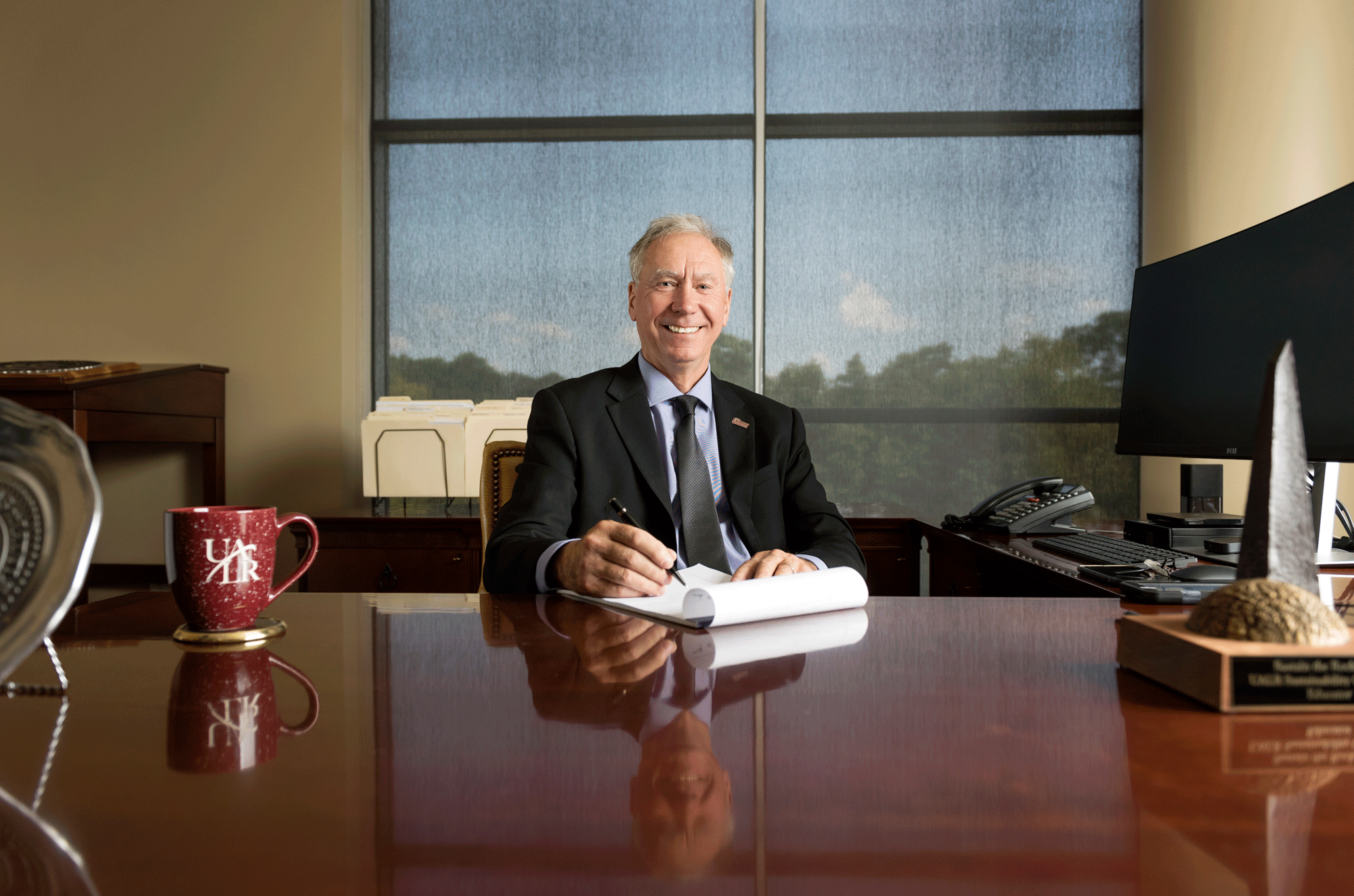Chancellor Rogerson reflects on his love of learning, mentoring students

Related: Chancellor Rogerson shares first-day message
“While working on a range of microbial research topics, I developed an interest in the ecology of amoebae and became a recognized authority on this group of microbes,” Rogerson said. “It was a unique niche and an exciting time in my research, even though not a lot of people follow research on amoebae.” In 2006, Rogerson transitioned to higher education administration when he became the dean of the College of Science at Marshall University in West Virginia. He also worked as the dean of the College of Science and Mathematics at California State University, Fresno before heading to Sonoma State in 2011. During his career, he has published about 125 academic research articles, but he is most proud of the 25 graduate students he supervised as they earned their doctoral and master’s degrees. “I used to reflect that 25 doesn’t seem like a huge number, but now I realize that many of them are in universities teaching their students, and that it has been a large accomplishment to launch that many people into the profession.” Rogerson believes strongly in mentoring students, especially since he gives credit to one of his university professors for launching his career in higher education. Dr. David Curtis, his supervisor for his undergraduate honors project at Paisley College of Technology, helped him complete a project that earned him spots in two top Ph.D. programs. “I am indebted to Dr. Curtis for helping me achieve the qualifications to gain a Ph.D. in the British system,” Rogerson said. “Without him, I might not have had the opportunity to follow the academic career I have had. This is an example of how professors touch the lives of many students in the classroom and really never appreciate how transformative their efforts can be in the life of those students.”